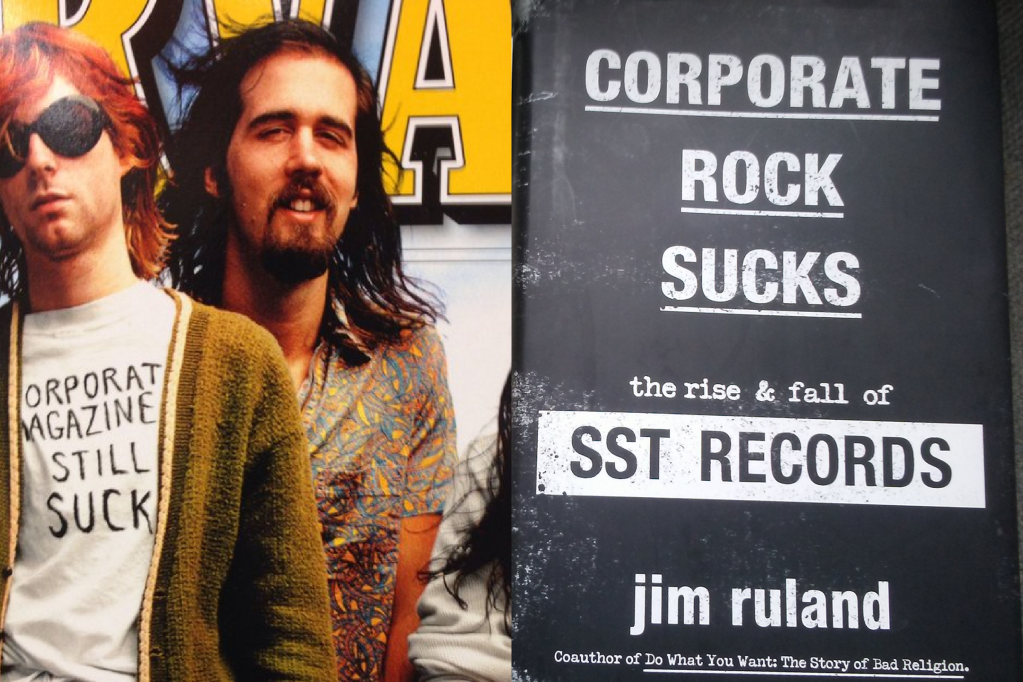ALL-TIME AMERICAN WRITERS TOURNAMENT

(Photo: Michael Jackson wax figure.)
***
“Who Creates the Canon?” Part Two
THE CURRENT VERSION of pop music is generic dance music first performed in the 1970’s, perfected in the 1980’s by the charismatic likes of Michael Jackson and Madonna– but the real creators were record producers on the order of Tommy Mottola. Today the creativity of the artist takes place within narrow parameters. All sounds are studio originated, created by studio engineers as much as studio musicians. All distribution, marketing, promotion, needless to say, is performed by the conglomerate to which the artist-or-face-of-the-product belongs.
PUBLISHING
For the world of publishing, of “literature,” the question is how major a role is played by the writer.

(Pictured: Raymond Carver.)
TAKING the Gordon Lish – Raymond Carver association as example, the answer is that the writer is thought of, in the conglomerate book business, as a necessary but interchangeable piece to be plugged into a tidy spot within the production process. A hired hand, whose work can be altered, even rewritten, at whim.
Gordon Lish has stated, in a Paris Review interview, that if not for him, Ray Carver would never have been published. This is a true statement.
But what does this say about the “Big Five” publishing industry?
Ray Carver proved in the final years of his life that he was a talented writer. That he could create literary art without the intrusion of an editor. How many equally talented writers are out there who’ve never found publishing success, because they were less willing to abase themselves– to have their vision, their work, mutilated– as Carver was?
Was Carver’s early work truly unpublishable? This commentator has been on both sides of the question, as a literary novice having had his work severely edited in the 1990’s by editors. Yet now many years later, as New Pop Lit editor, having taken out portions of submitted work on occasion to make, in his view, the piece stronger. (We’ve also left in writing that we knew– we knew– other editors would’ve taken out.) There’s a line there to be crossed, or not crossed.
The story is that Gordon Lish didn’t just edit Carver’s stories– he rewrote them. He saw them as mere raw material for he, powerful editor at Esquire magazine, to do with as he wanted.
We know the arguments on his side. Lish took that material and improved it, by drastically gutting it. This doesn’t change the facts of the process itself. (Lish claimed he performed similar surgery on the work of a host of well-known writers.) The Lish-Carver story affirms that within the bounds of official literature now, the writer has no power.
Is this relationship unavoidable; intrinsic to the publishing process?
When the reading public buys a book, they see the author. The face on the back of the dust cover, precisely posed and photographed. Nowhere are there photographs of the agent, editor, publisher, publicist, newspaper reviewers, or the rest of those involved.
The author carries the reputation. What lies behind it?
*******
(One of the motives behind the DIY movement in music and writing was to return control to the artist. To the visionary. The creator– to whom other talents should act not in superiority, but support. The idea behind the DIY-spawned Underground Literary Alliance was to make writers an active part of the editing and publishing process. A quixotic project.)






